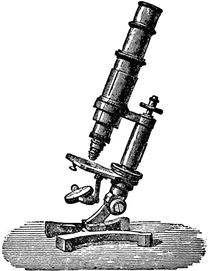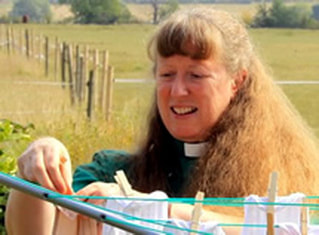MSE content on diocesan websites: a random survey
|
The aim of this unscientific survey was to see what the interested visitor to a Church of England diocesan website might find when using the site's internal search facility for information about NSM, SSM and MSE ministry. The material below was gathered between March and August 2013. See below, right, for 'messages for dioceses and their web people'
|
|
Bath & Wells
Birmingham
Blackburn
Bradford
Bristol
Canterbury
Carlisle
Chelmsford
Chester
Chichester
Coventry
Derby
Durham
Ely
Europe
Exeter
Gloucester
Guildford
Leicester
Lichfield
Lincoln
Liverpool
London
Manchester
Newcastle
Norwich
Oxford
Peterborough
Portsmouth
Ripon & Leeds
Rochester
St Albans
St Edmundsbury & Ipswich
Salisbury
Sheffield
Sodor & Man
Southwark
Southwell & Nottingham NSM - "Sorry your search returned no results. Please try again" SSM - 5 results, none directly relevant MSE - no relevant results Southwell & Nottingham has a downloadable leaflet entitled 'Exploring vocation to the ordained ministry'. There is a good deal of useful information for the enquirer but, very strangely and regrettably, no mention of the role and calling of MSE clergy. There is the all too common talk of those who show potential to be 'incumbent' clergy and those - less able it seems - destined for 'assistant ministry' ("someone who would be unlikely to exercise ministry at incumbent level but rather in a supportive ministry"). Truro
Wakefield
Winchester
Worcester
York
|
Non-stipendiary minister (NSM)
Not a very nice term. It identified certain clergy by what they are not (in this case, paid by the church). Still widely in use but largely replaced in official use by... Self-Supporting Minister (SSM) This still has the uncongenial flavour of money to it, for that is what the institution means to convey: not on the payroll, and financially supporing themselves. The theological observation that God's grace means that none of us is ever fully self-supporting seems beside the point. Confusingly, in recent times (very recent) the SSM acronym is also taken to refer to 'same sex marriage'. Minister in Secular Employment (MSE) Better than the others for those priests who beleive their priestly vocation focuses upon paid work beyond the conventional institution of the church, but still slighty problematic in that it perpetuates the unhelpful distinction between the sacred and the secular. Worker-priest/priest-worker Not very popular. Some stipendiary clergy resent the implication that they don't work. Not so of course. Many work exceedingly hard. Some MSEs (me included) feel that what we do (often white collar, professional) lacks the credibility and sacrificial nature of the 'true' worker-priests. Still, we think its a better designation that the others on offer, and seems easily understood by those beyond the church. A problem remains in distinguishing those clergy who believe themselves, vocationally, to be called to an 'unofficial' priestly presence in the world of paid employment. Those paid to be priests (chaplains in schools, the NHS, prisons, the miliitary) are a different group, responding differently to their vocational call. Messages for dioceses and their web people
As a result of undertaking this informal, unscientific survey of diocesan sites, what strikes me is the lack of infectiously interesting content about serving as an ordained man or woman. Broadly speaking, the material is hard to find, quickly drifts off into information about process, and quickly defines priesthood as meaning 'being a vicar'. Some of the downloadable documents and leaflets are poorly designed. This kind of thing is hard to excuse these days. The most striking aspect to emerge from this unscientific survey is that the church-as-institution does not have a grasp of the MSE priestly presence and so cannot 'celebrate' it as something God might call people to. This is related to its poor grasp of the day-to-day world of the laity. This should not be read or taken as criticism of individuals, or even individual dioceses. It is always a grave risk affecting all institutions that they become myopic. Yet having created the possibility of priests serving in so-called secular roles as well as sacramentally in churches, we simply have to promote and nourish this particular expression of priesthood far, far better than is currently the case. |


